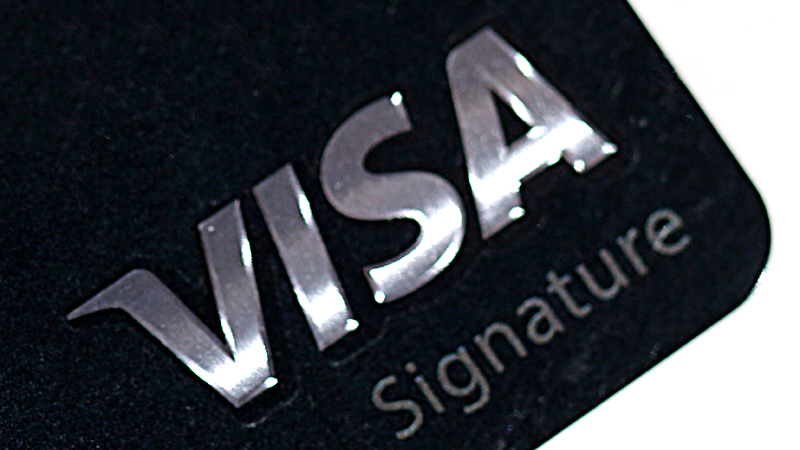B ack on Monday, March 22, 2010, this short article referred to a new fee of 1.5 percent at hotel properties in Australia applied to the invoices of guests when paying at the front desk with credit cards. This fee would reportedly be waived only where there is no option to pay for the hotel stay with cash — such as when buying an advance purchase room rate.
As consumers have been complaining about companies charging as much as 1,000 percent in excess of the cost of processing credit card payments — and this is not limited only to lodging companies — for some time, the government of Australia has listened to those complaints and changed the law in order to prevent companies from charging consumers whatever they want on top of the fee for using credit cards.
Update on Surcharge When Paying With a Credit Card in Australia
The Competition and Consumer Amendment (Payment Surcharges) Act 2016 — which became effective as of Thursday, February 25, 2016 — amended the Competition and Consumer Act 2010 with the insertion of a new part which bans excessive payment surcharges.
This means that companies which violate the law by charging consumers excessive credit card fees will be fined significantly. The limit will be linked to the direct costs of the payment method — such as bank fees and terminal costs as two examples. Surcharges are considered excessive when they exceed the permitted amount of the surcharge in the standard or regulations. Companies could be subjected to pay as much as $1.1 million for breaching the new law if court action is necessary.
New Surcharging Standard
The Reserve Bank of Australia published its conclusions paper on Thursday, May 26, 2016 pertaining to a new surcharging standard, which relates to surcharges by merchants when charging customers for the use of a credit or debit card.
The new surcharging standard is being applied in two phases:
- Effective as of Thursday, September 1, 2016 to large merchants who satisfy at least two of the following requirements:
- It has a minimum consolidated gross revenue of $25 million
- The value of its minimum consolidated gross assets is $12.5 million, or
- It employs a minimum of 50 employees
- Effective as of Friday, September 1, 2017 to all other merchants
Affected Credit Cards and Payment Systems
The new surcharging standard applies to the following payment systems:
- MasterCard
- Credit and prepaid — 1.5 percent
- Debit — 0.5 percent
- Visa
- Credit and prepaid — 1.5 percent
- Debit — 0.5 percent
- American Express cards issued by banks in Australia — two percent to three percent
- Electronic funds transfer at point of sale — also known as EFTPOS — debit and prepaid
Payment Types Not Included
The new surcharging standard does not apply to the following payment systems:
- BPAY electronic bill payment system
- PayPal
- Diners Club cards
- American Express cards issued directly by American Express
- Cash
- Checks
Ancillary Fees Charged by Airlines Affected
The ancillary fees which are charged by airlines have been affected by the new law — meaning that credit card payment fees based on percentage will replace existing fixed booking and service fees on airlines such as Qantas, Jetstar, Virgin Australia and Tigerair; and that customers can continue to avoid fees charged when using credit cards by using internet banking through POLi payments, which is a payment option via the Internet which facilitates a Pay Anyone internet banking payment from your bank account to the back account of a merchant.
Summary
The new law limits the amount which companies can charge customers for the use of payments methods such as credit card and debit cards; and that is considered a significant victory for the protection of consumers from businesses which blatantly attempt to push — and even exceed — the permitted financial limits.
The role of the Australian Competition & Consumer Commission is to enforce the ban in the aforementioned two stages; and to ensure that companies comply with the law every step of the way during financial transactions with consumers using credit cards, debit cards and electronic funds transfers at the point of sale.
If you believe that you have been charged an excessive surcharge by a merchant, you can contact the Australian Competition & Consumer Commission via its official Internet web site.
Photograph ©2016 by Brian Cohen.
